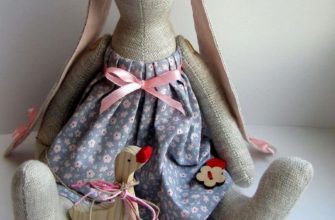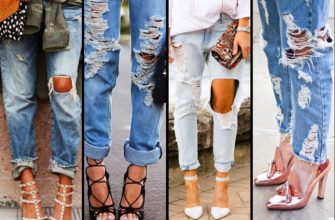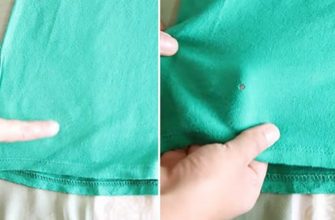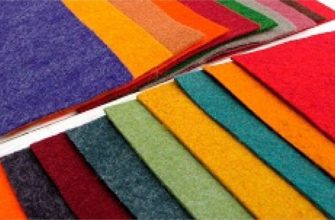The material in this article is useful for those who need to decide on the choice of a professional sewing machine. When searching for a device, you should understand its main characteristics and differences between similar units, and also know for what purposes it will be used.
What is a sewing machine: operating principle and device
From their very inception, sewing machines were intended to make seamstresses' work easier, even when they were manually operated. In short, a sewing machine is a tool that helps perform technological processes of joining, fastening, stitching, as well as finishing and repairing fabric.
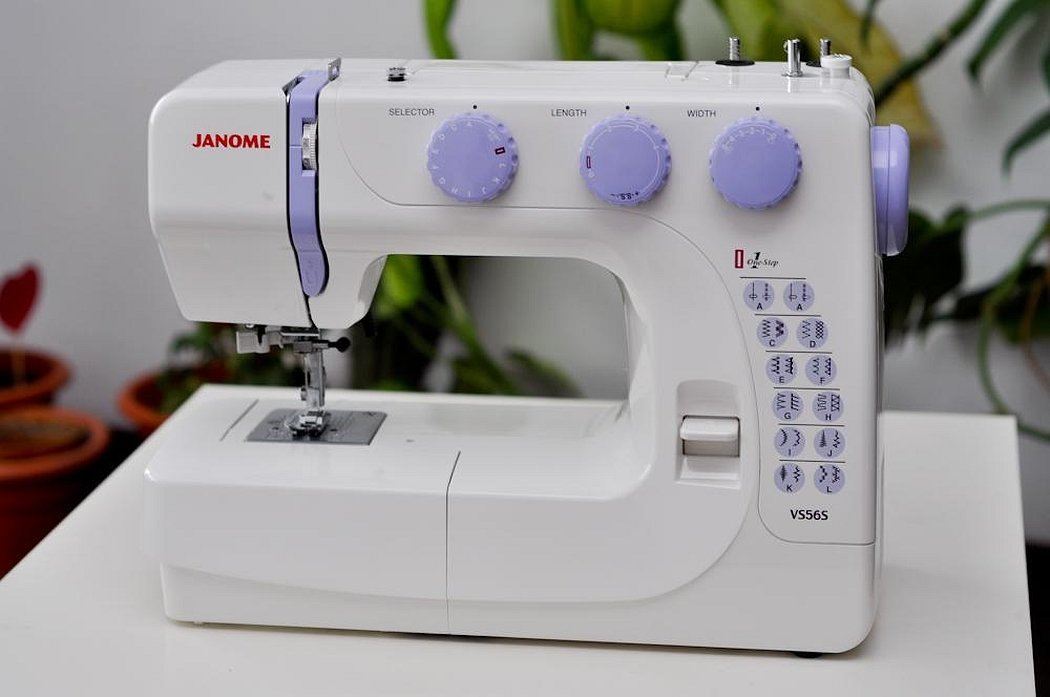
Today, sewing machines have a number of functional units that are typical for almost any model. Among them:
- sewing platform;
- needle holder;
- paw;
- flywheel;
- winder;
- sleeve;
- a wheel that picks up the stitch;
- sleeve stand;
- receiver (the so-called "return");
- needle plate.
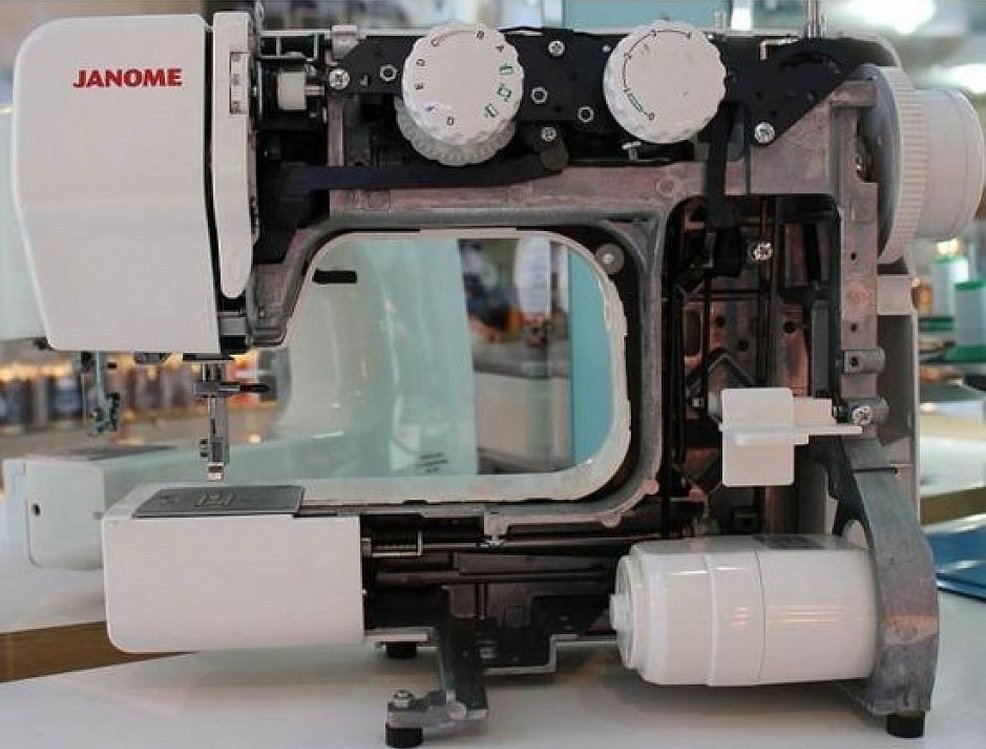
The basis of the entire system is the mechanism for feeding the needle into the fabric, which is brought to automatism by programming. The needle takes the thread, which is located on top, and threads it under the fabric. After that, it is picked up by the shuttle, which connects the lower and upper threads.
For your information! With such simple manipulations, you can carry out such complex works as zigzag stitches or embroidery patterns.
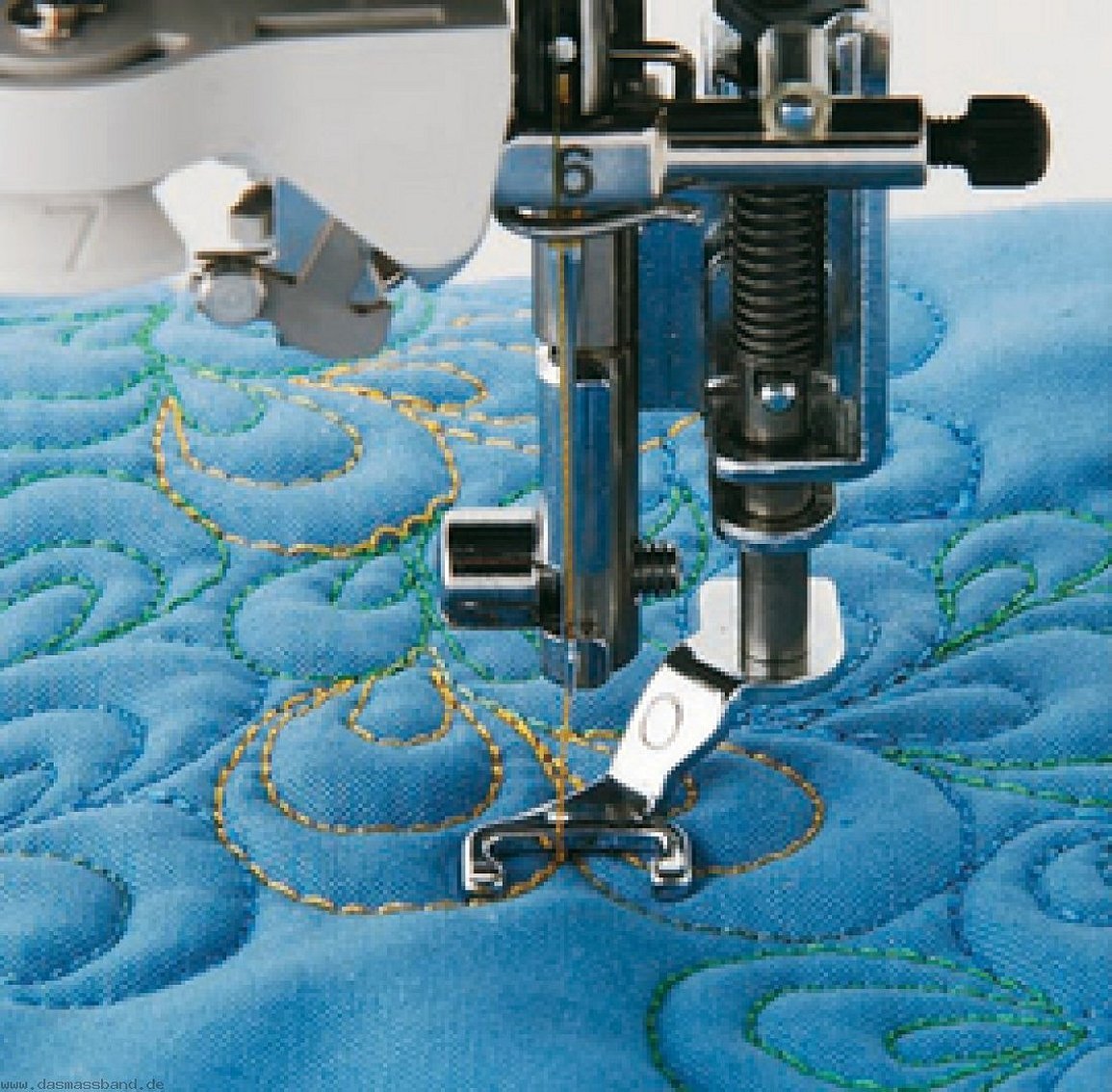
What types of sewing machines are there: types
Sewing experts and even ordinary consultants in specialized stores need to distinguish between the types of sewing machines and understand their intended purpose. There are many types of sewing devices:
- mechanical. This type of machine is the most budget-friendly, as it has rather limited capabilities and low stitch quality. Despite this, such a machine is perfect for craftsmen who sew simple things and repair clothes for themselves or loved ones;
- electromechanical. Such machines are capable of performing a much wider variety of stitches and operations. They are more comfortable to operate and create high-quality products with the right technique. This type of machine is suitable for those who often sew and earn money from this business;
- electronic. The main advantage of this type of unit is that it allows high-quality stitching of even the most demanding fabrics;
- computer. Programmed devices have unlimited possibilities, as they have a special program built in that allows you not only to select the appropriate thread color, but also to warn you about an error that has occurred in your work.
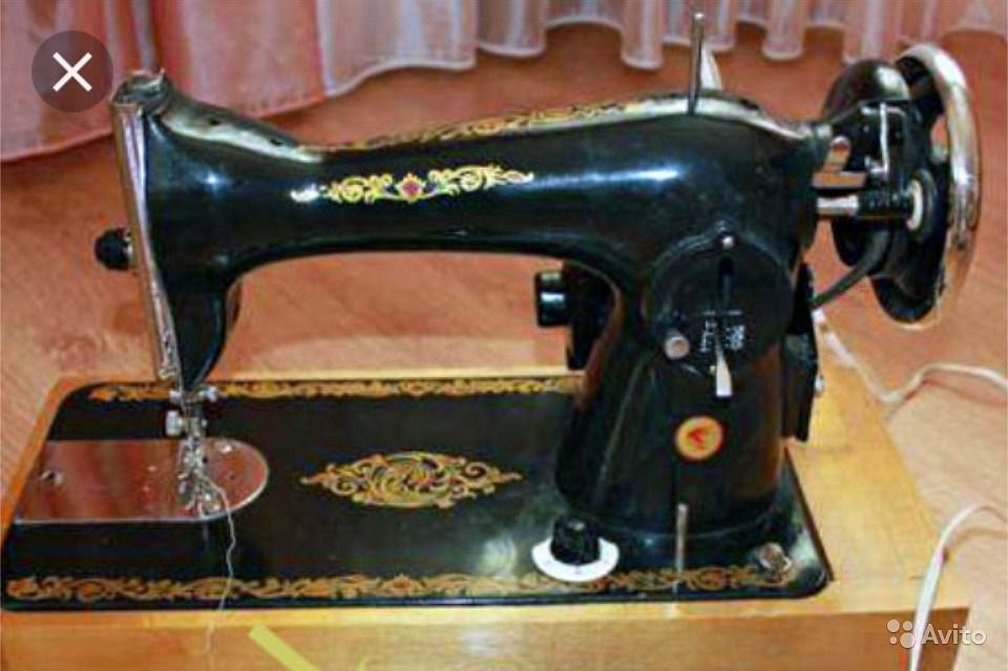
Selection parameters
In order not to be disappointed with the purchase and to choose the right machine in advance, it is necessary to carefully study the tool, paying attention to certain criteria:
- lines. Electronic mechanisms and computer-controlled machines are programmed to create a large number of different lines. During their work, craftsmen do not always use all types of stitches, but sometimes this can be extremely useful;
- loop making. Many models have a loop sewing function. It is necessary for making outerwear and children's clothing. Devices equipped with a processor can produce a large number of patterns. Conventional models work with only a few types;
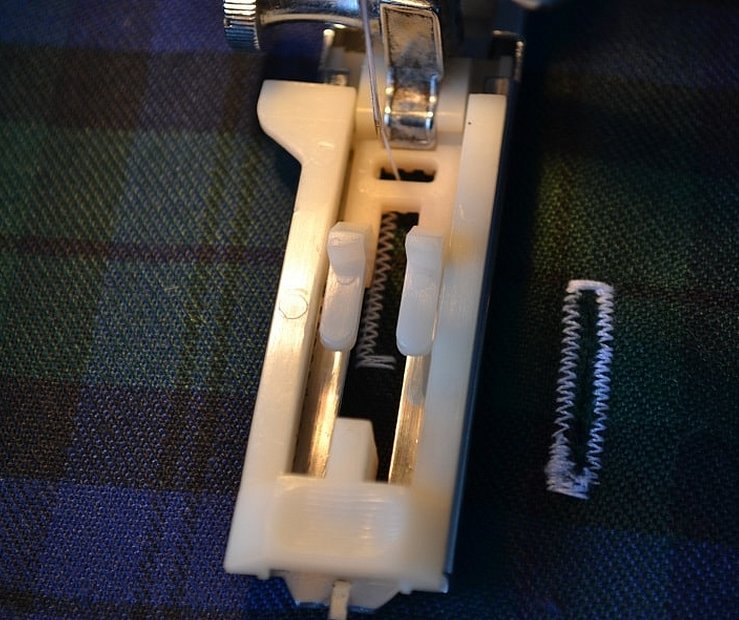
- basic adjustments. These include sewing speed, needle penetration force, foot pressure and thread tension. It is worth choosing units that allow you to adjust all these parameters;
- puncture force. The higher the puncture force, the denser the material that can be stitched. Often this parameter directly depends on the power of the device. There are models that are equipped with special stabilizers that can strengthen the puncture, which will allow you to work with almost any type of material;
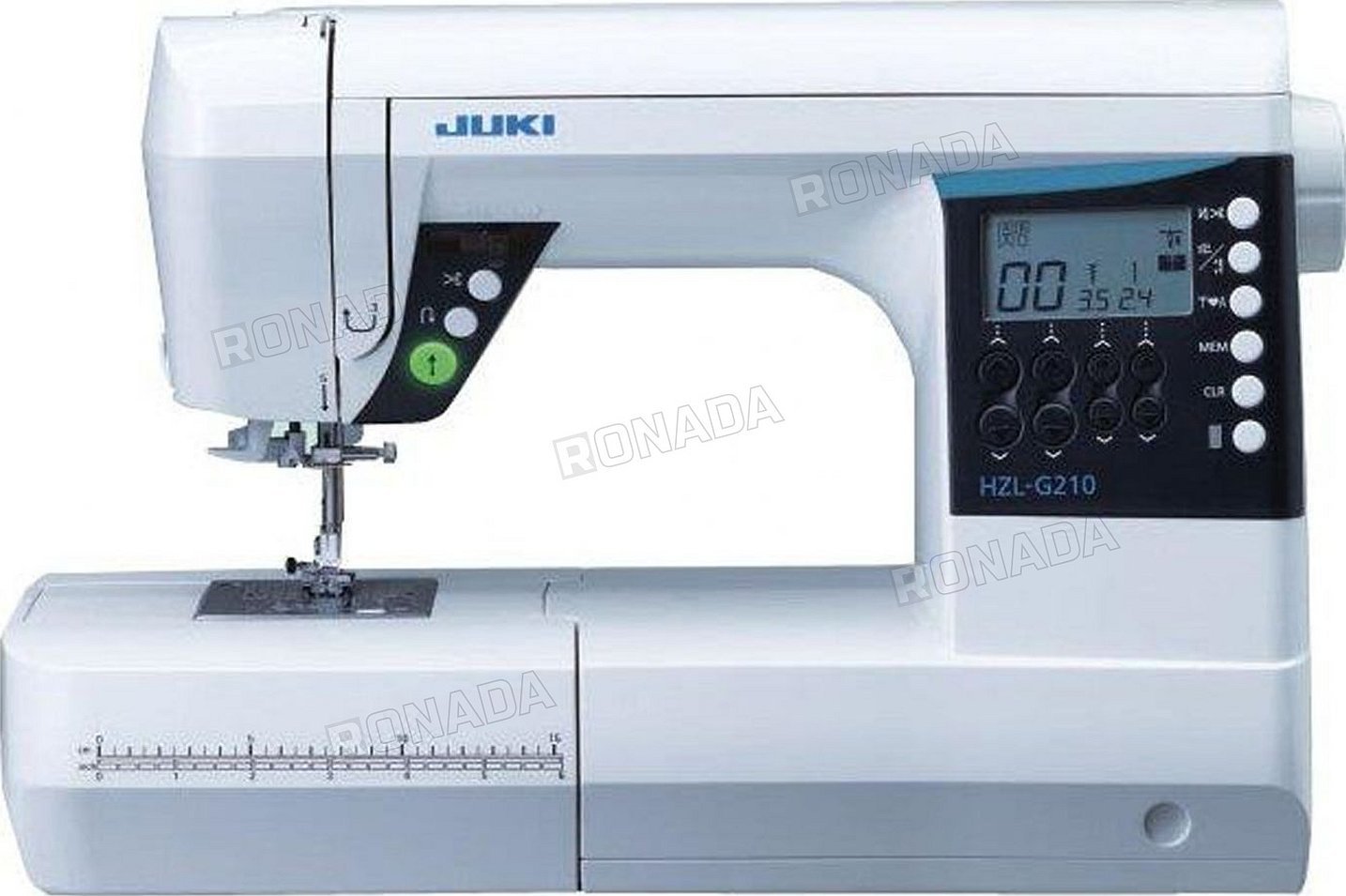
- paws. This parameter directly affects the thickness of the material that can be worked with. In machines, the pressure of the paw is set manually or automatically.
Shuttle type
There are two main characteristics that determine the type of shuttle. The first is the movement that the shuttle performs when forming a stitch: oscillation (swinging) or rotation (rotary).
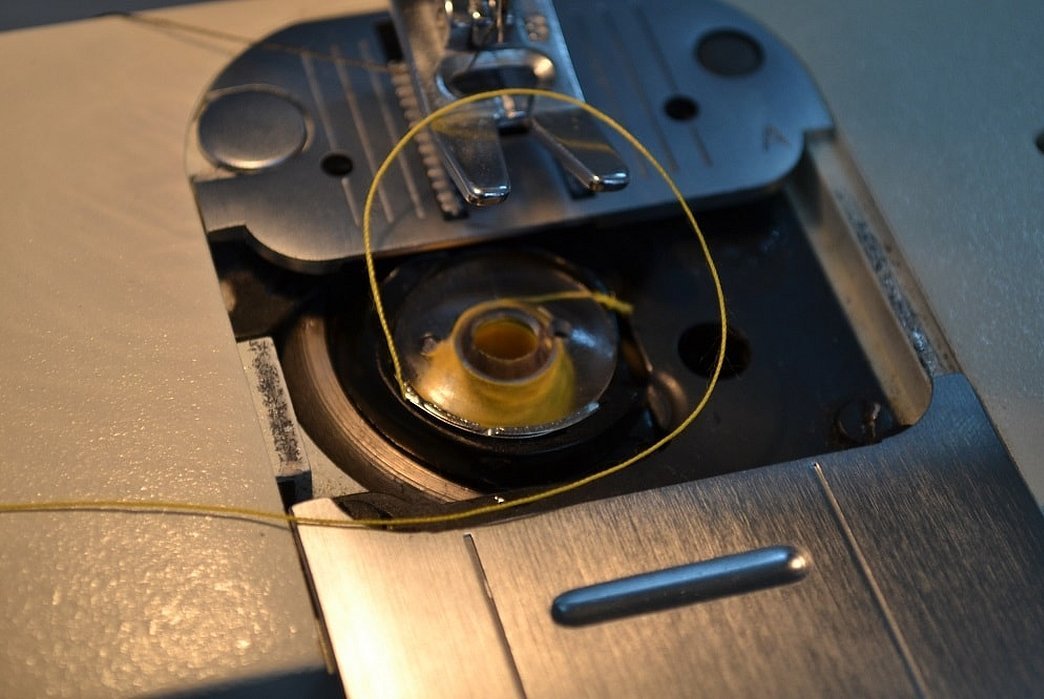
Important! The shuttle moves in one direction during the swinging process and then starts moving back. The rotary type moves around the pin in only one direction.
The second characteristic is the shuttle orientation. It can be vertical or horizontal. The vertical shuttle is located on the side or back of the machine with the front side facing forward, and with the horizontal orientation the bobbin is inserted only on top.
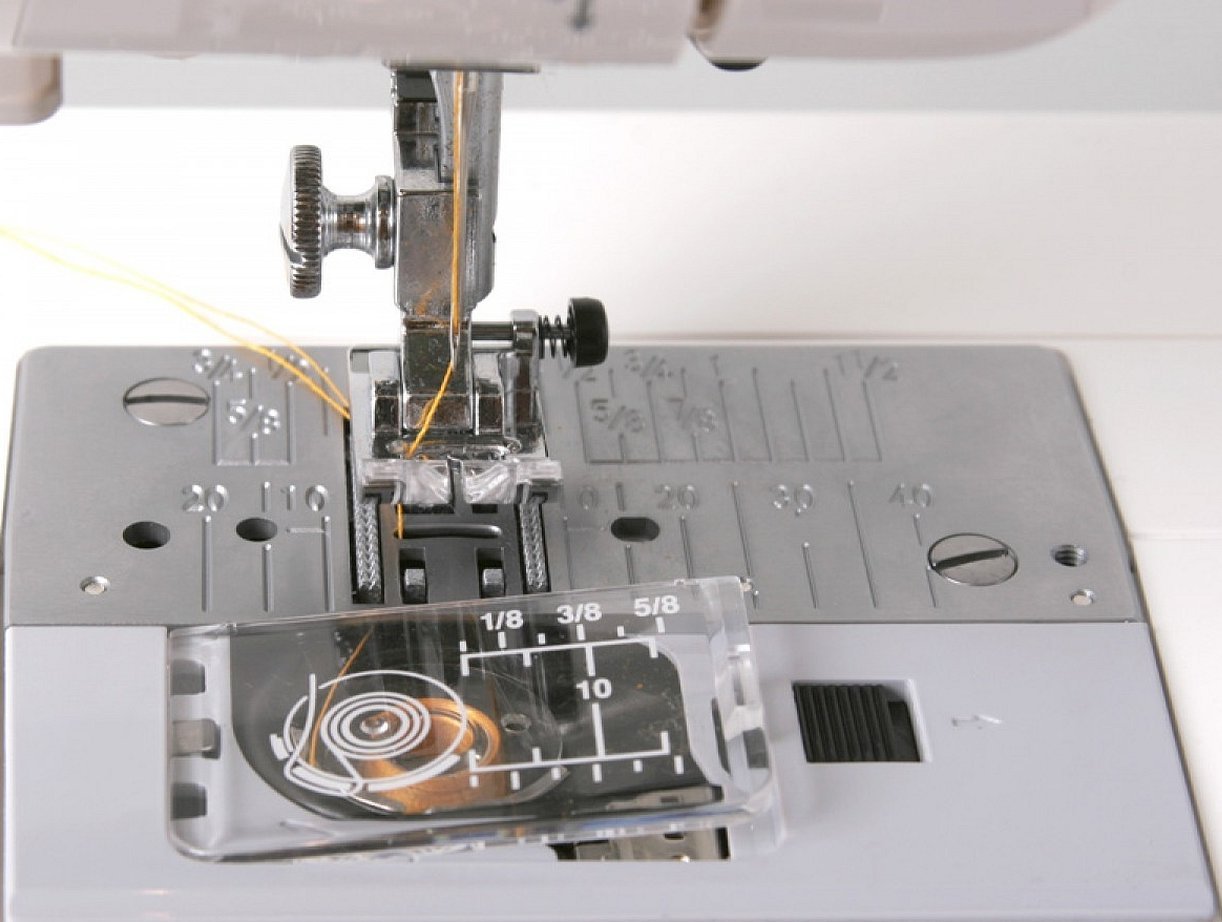
Motor power
Quite an important criterion when choosing a sewing machine is the power of its engine. Not everyone knows why the power of a sewing machine is important, what this parameter affects. It can be determined by the value indicated in the technical specifications or on the body of the device itself. Often the inscription is located in the place where the engine is located inside.
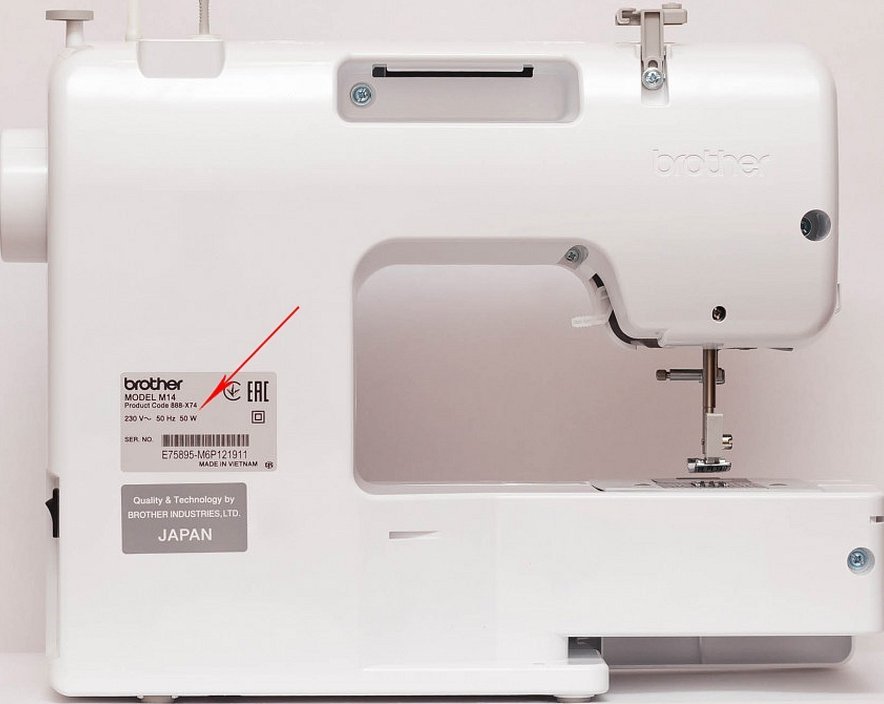
The engine power directly affects the characteristics of the sewing machine. The higher the engine power, the easier the machine will move the material, pierce and stitch it. By choosing a machine with a sufficiently powerful engine, you can protect yourself from unpleasant situations when the device does not have enough power to pierce a thick piece of fabric. In the case where the power is quite high, the device will be able to work perfectly even with the most difficult types of fabric: synthetics or leather.
Also, the engine power directly affects the machine's operating speed. The higher the power, the higher the speed the unit can be accelerated to. Inexperienced craftsmen do not really need high speeds, since learning most often occurs at low speeds.
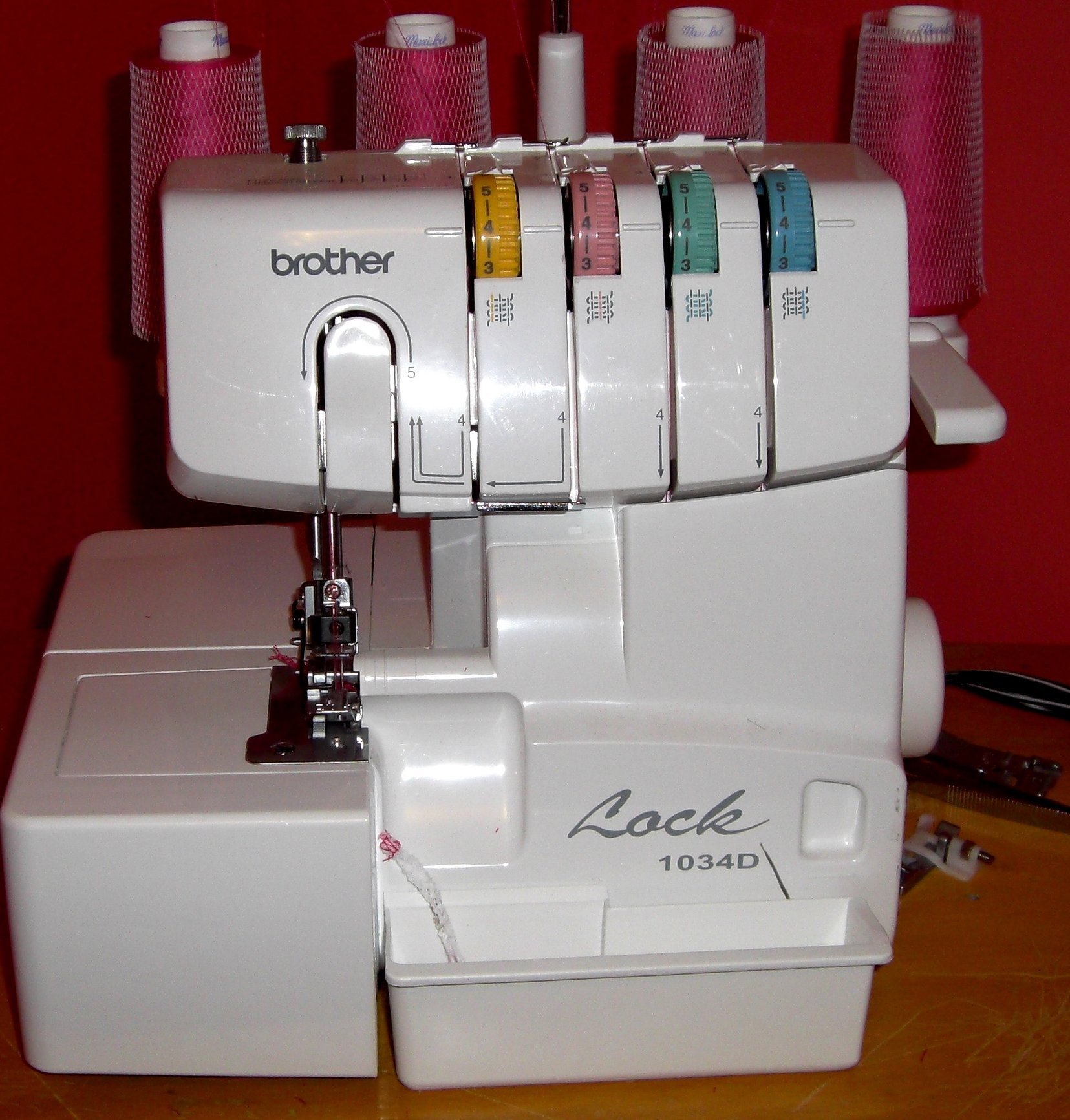
Important! Another reason to choose a machine with increased power is that a person's needs can gradually grow, as can their experience in handicrafts. This, in turn, dictates higher requirements for the machine.
Comparison of sewing machines by technical characteristics
Almost every novice craftsman has a question about what equipment is better to buy. Many are also interested in whether a high-quality device can be cheap at the same time. You can compare sewing machines by characteristics at the selection stage in online stores or during a personal visit to a specialized point.
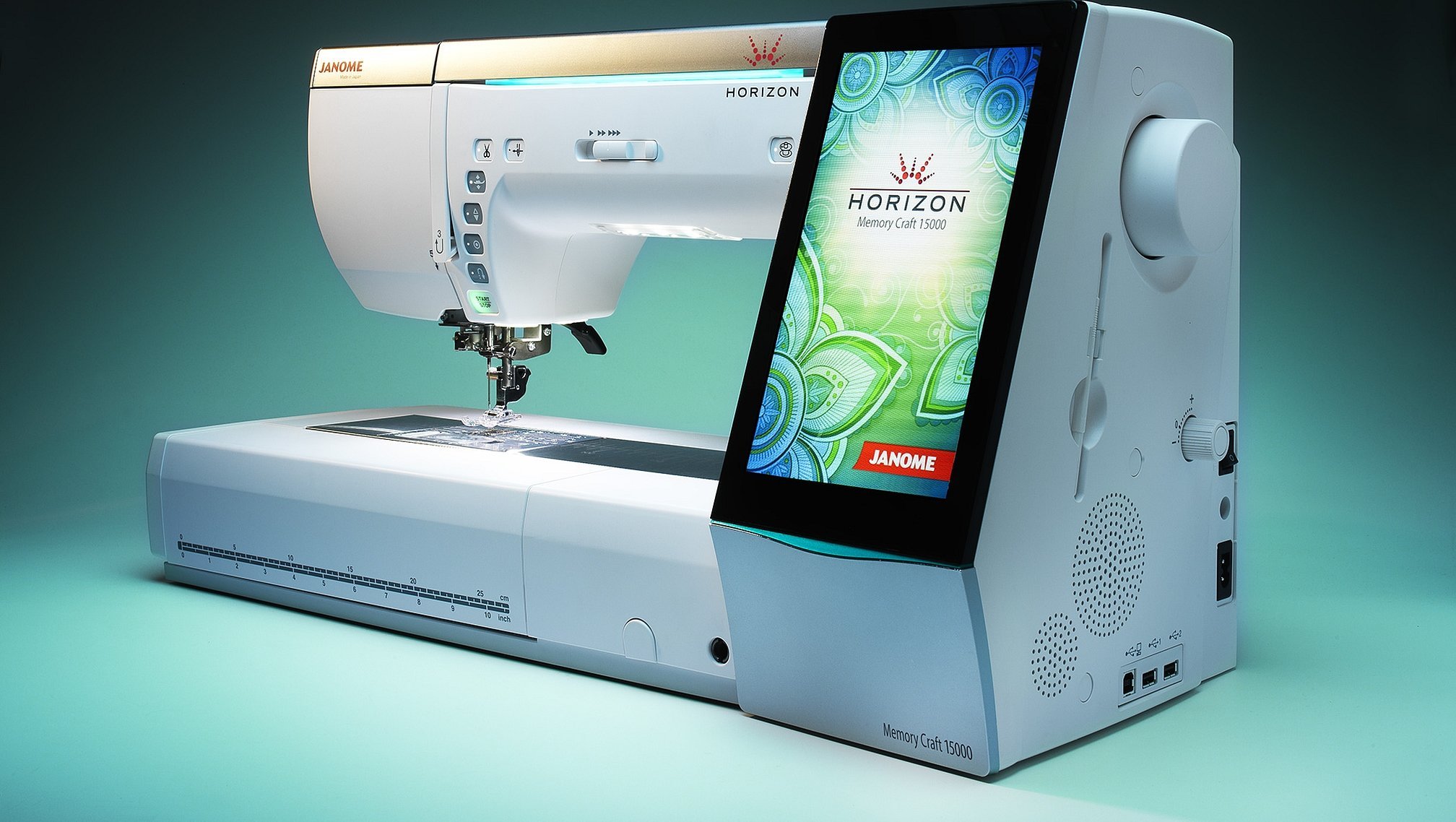
One of the premium brands of sewing machines is Janome QC 2325/6260QC. Its features are as follows:
- computer control;
- a shuttle that is in a horizontal position;
- its inherent operations amounting to sixty pieces;
- a stabilizer that enhances the puncture force;
- the ability to adjust the pressure of the foot on the material;
- automatic loop;
- overcast, blind, elastic, and elastic blind stitches;
- sewing advisor;
- black and white screen;
- the maximum line width is seven millimeters;
- the maximum stitch length is five millimeters;
- sleeve platform;
- the ability to sew without a pedal.
High power and a set of functional units allow such devices to work even with medium-density shoe materials.
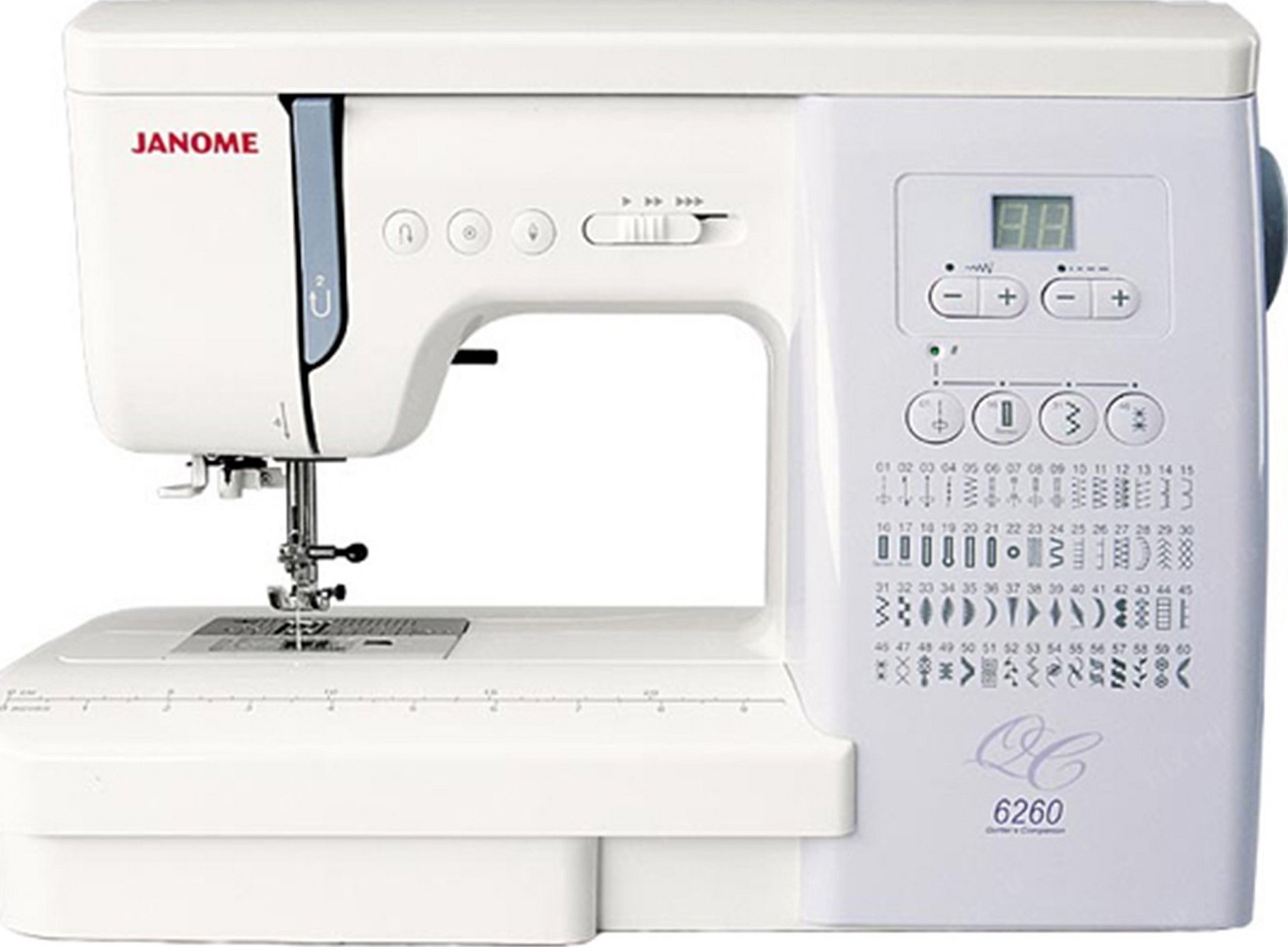
As a budget sewing machine, we can mention the Singer Studio 15. It will not have so many functions and mechanisms:
- electromechanical control;
- inherent operations in the amount of eleven pieces;
- smooth adjustment of stitch parameters;
- the maximum stitch length is four millimeters;
- the maximum line width is five millimeters;
- one loop;
- a shuttle that is in a vertical position.
A budget and simple device can be used by a novice craftsman and even a child as a hobby.
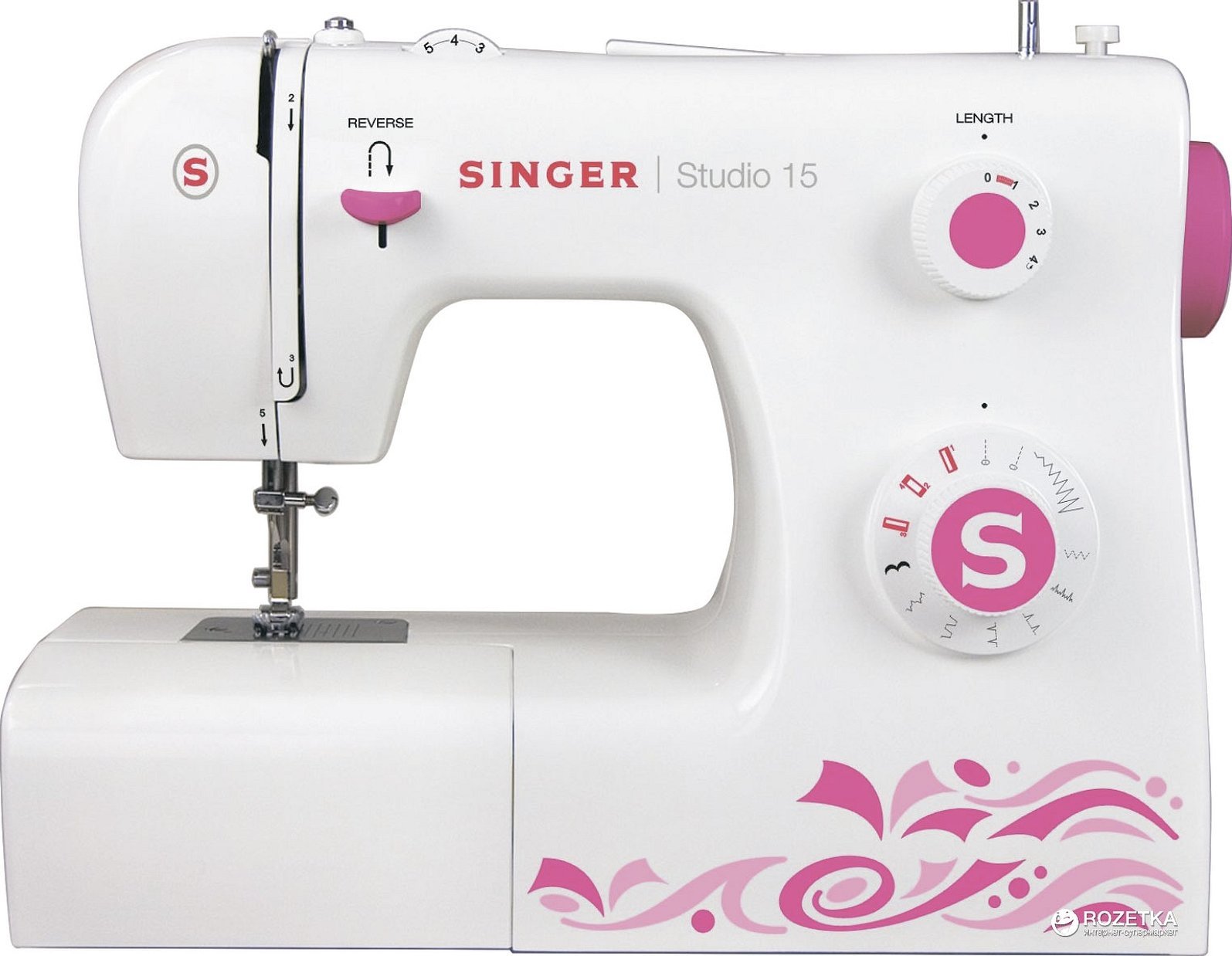
Thus, here we have considered in sufficient detail what minimum parameters the simplest sewing machine for beginners should have, which one to choose and by what criteria. When buying such a device, you should find out the specific parameters of sewing machines, the differences between them, and only after that you can start choosing such a necessary assistant in the household.

